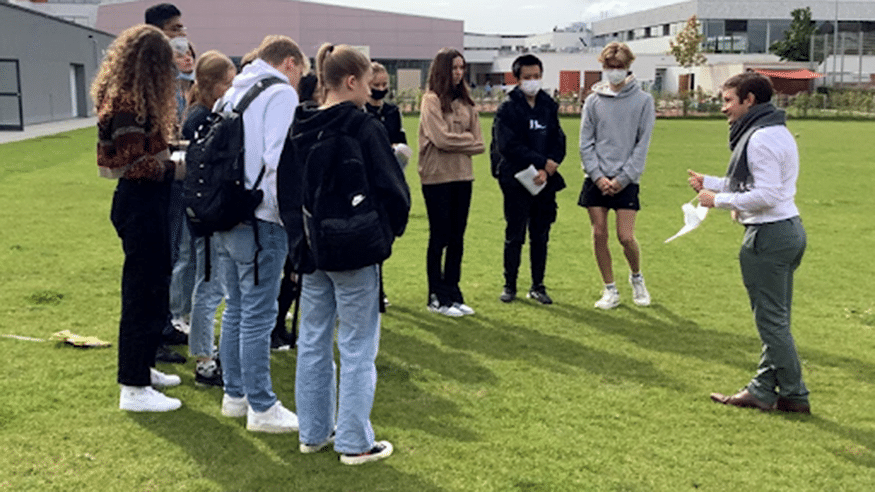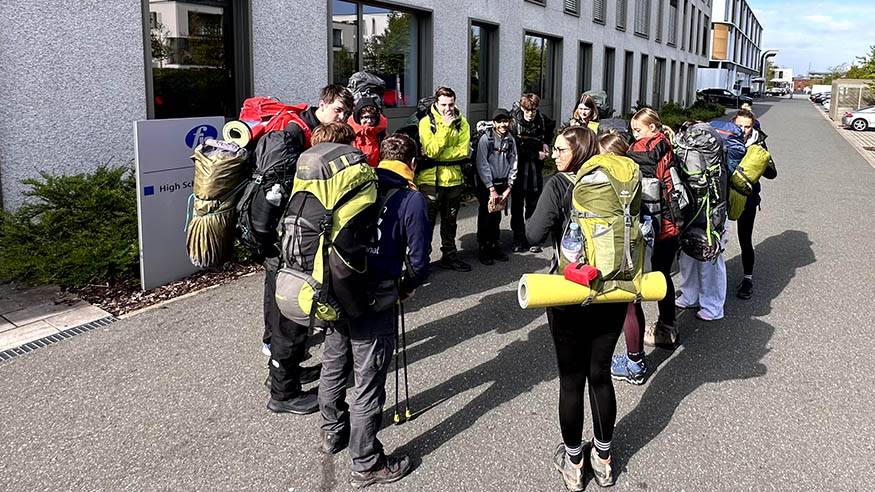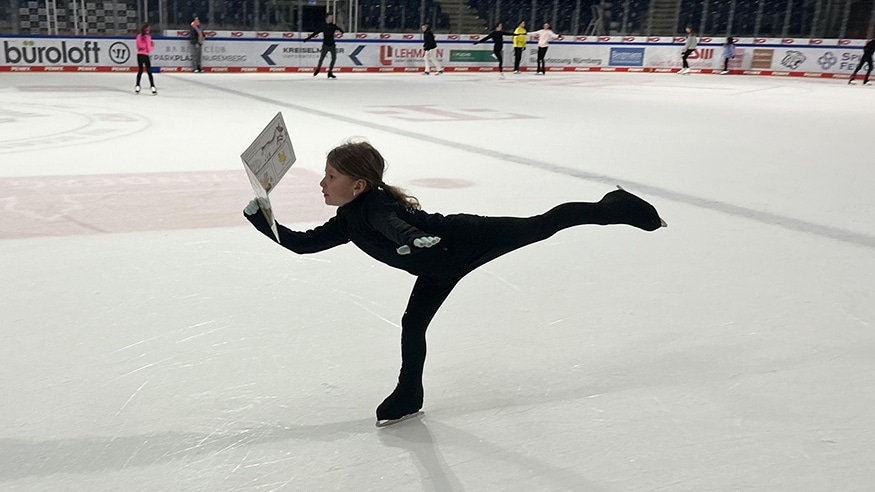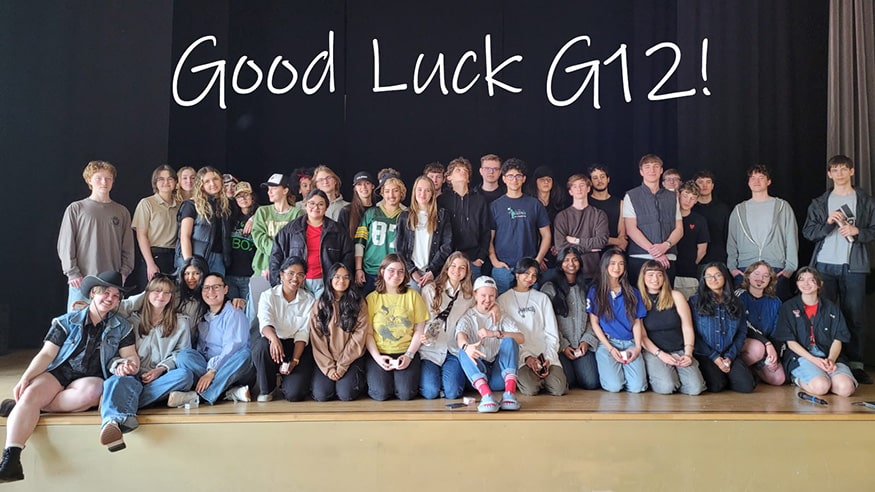At the FIS, we are engaging in regular lesson visits to discuss and improve student learning.
In my role as Assistant Head of School/Curriculum, I am visiting approximately 12 lessons per week. For some of these, I am documenting learning stories to share with the community innovative pedagogical initiatives around the school. One of these you can find below, a sequence of two lessons of Grade 11 Theory of Knowledge (ToK) teaching from last week.
For many Grade 11 students, ToK is a new subject that is difficult to understand. As its main goal is (meta-)reflection and critical thinking on what makes knowledge, its purpose is not immediately obvious and accessible for all.
In the last week, students began exploring methods and tools of the Natural Sciences. To this end, they were all gathered behind the new gym and asked to inquire about themselves and the world, using the methodology of the Natural Sciences and trying to explore the impact of changing parameters. Some students had to get across a short distance as fast as they could in different ways: forward running, running backwards, sideways, etc.; while the rest of the group was asked to note differences.
In the subsequent lesson, students explored the theoretical framework of the Natural Sciences (scientific method), and its reliability, and they evaluated to what extent different parameters might impact the outcome of experimentation – all in the context of the data they had collected outside.
It was very interesting to see how the learning in the three different classes developed, shaped by the different learning preferences of students and personalities of the teachers.
All classes involved elements of independent, group and pair work. A great starting point for differentiation discussions later in the school year!
If you are interested in knowing more about this or other Learning Stories, please do not hesitate to contact me at.
Christian Hoffmann
Assistant Head of School/Curriculum






